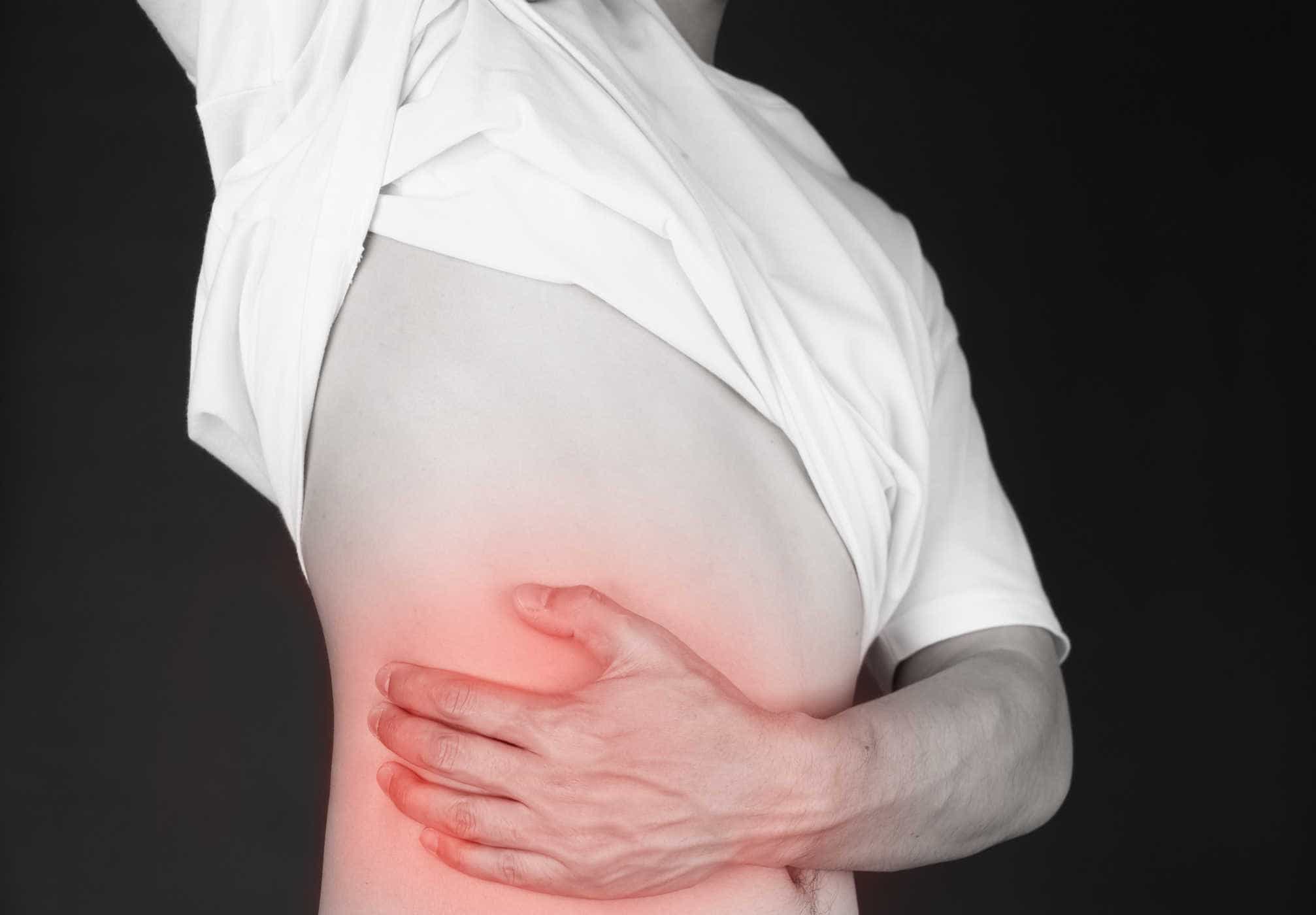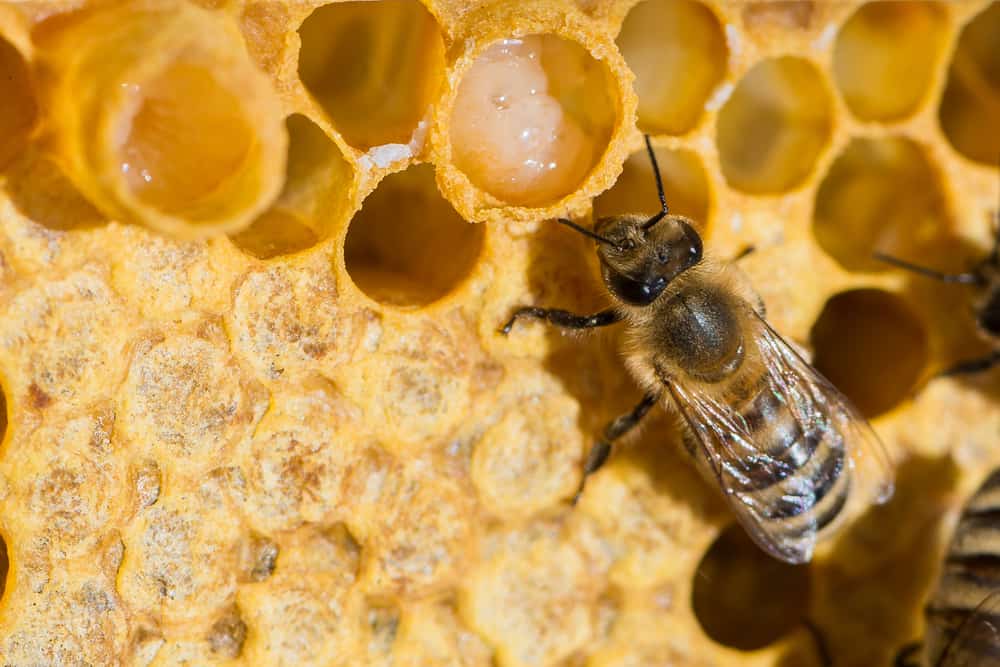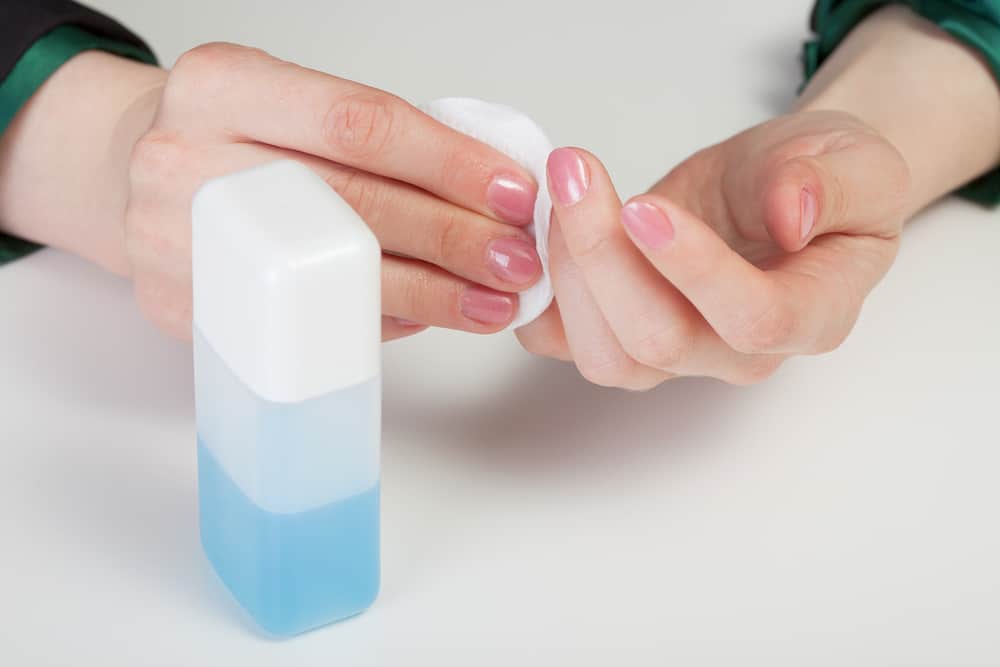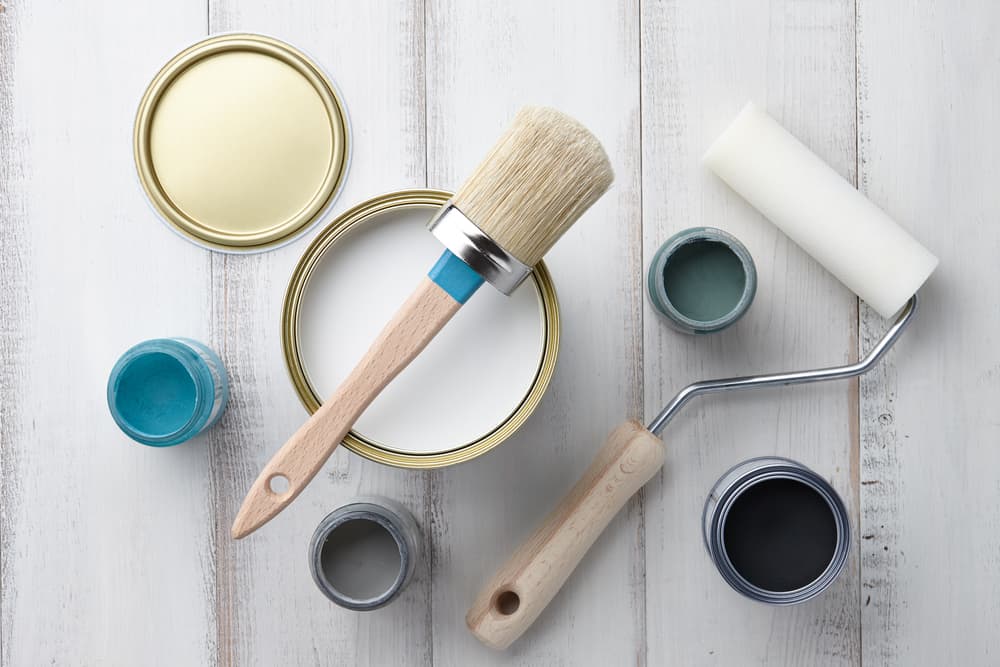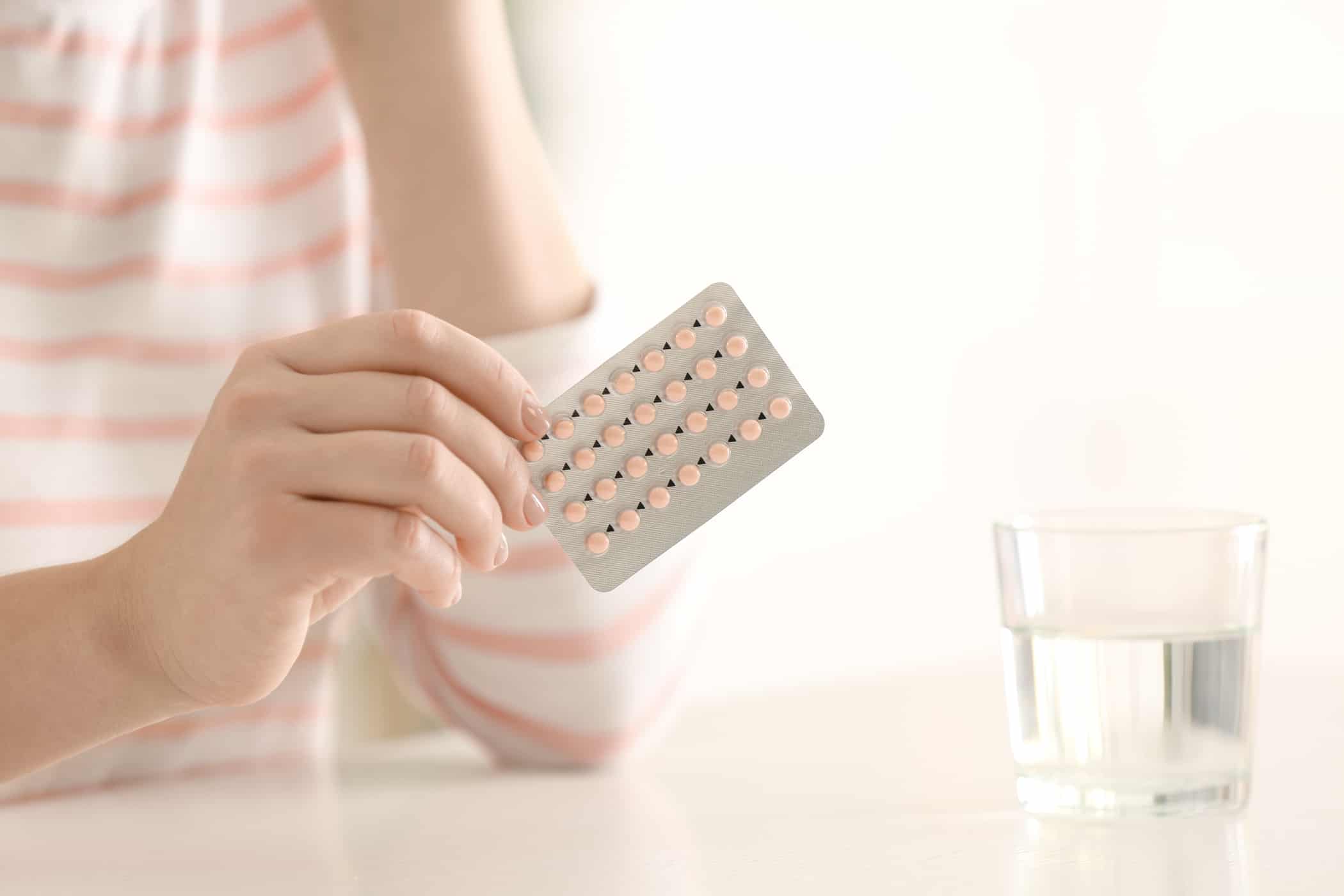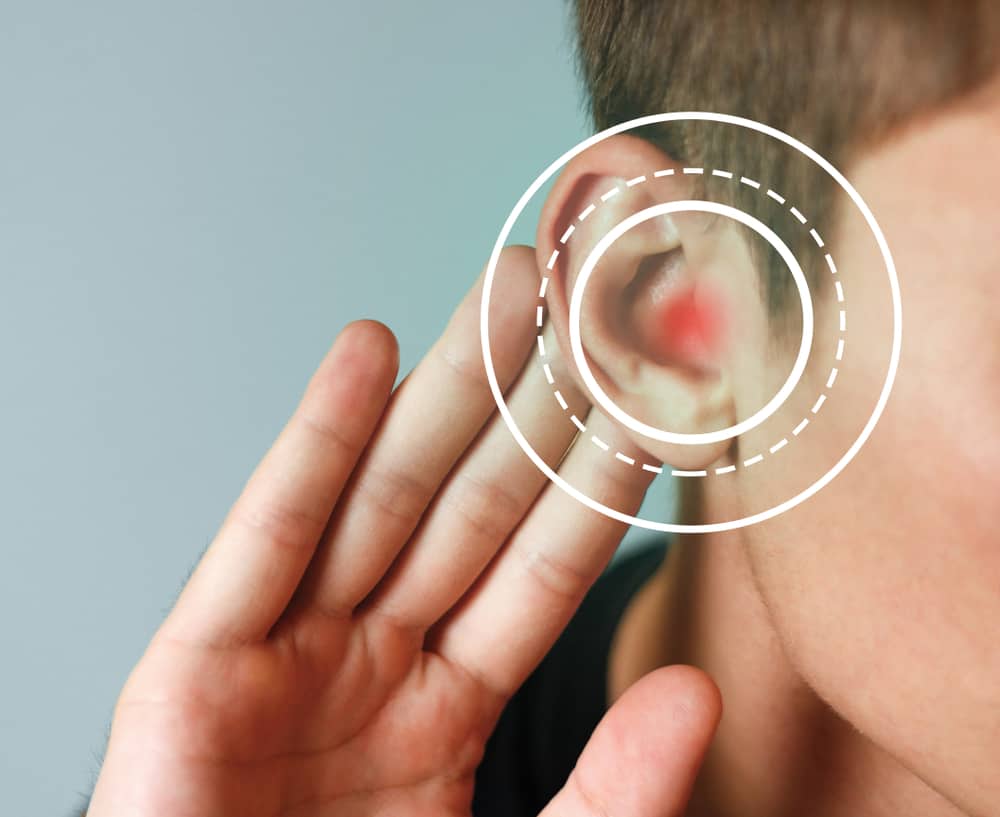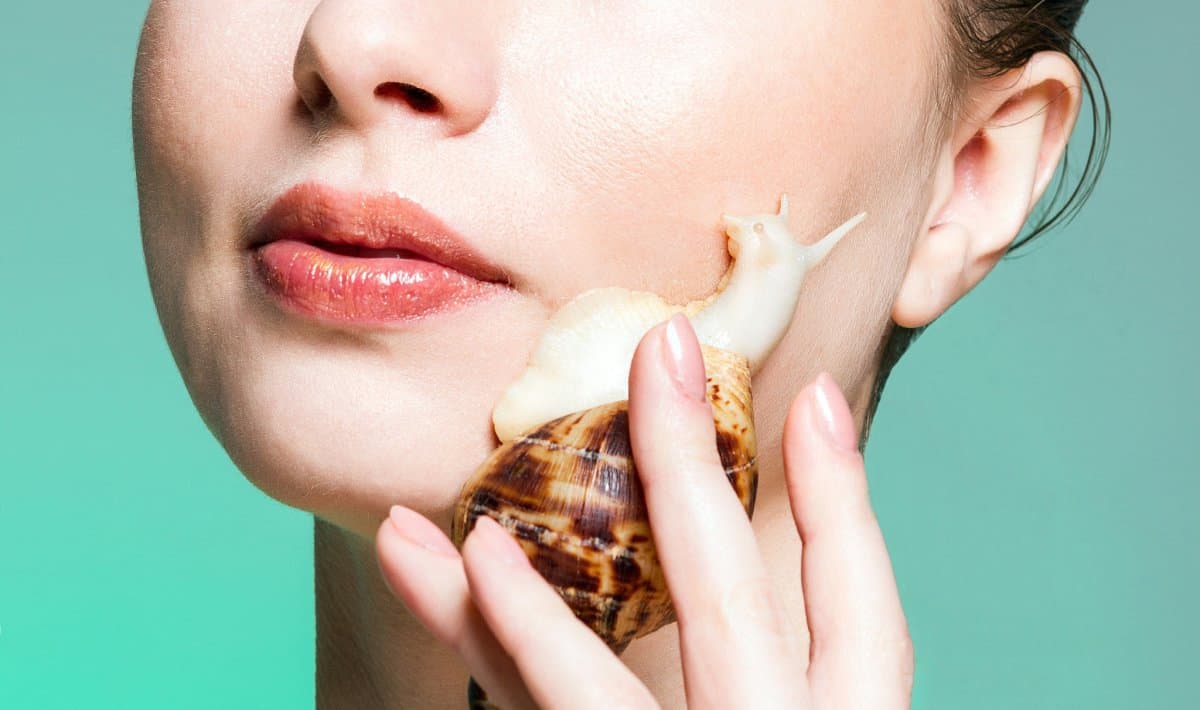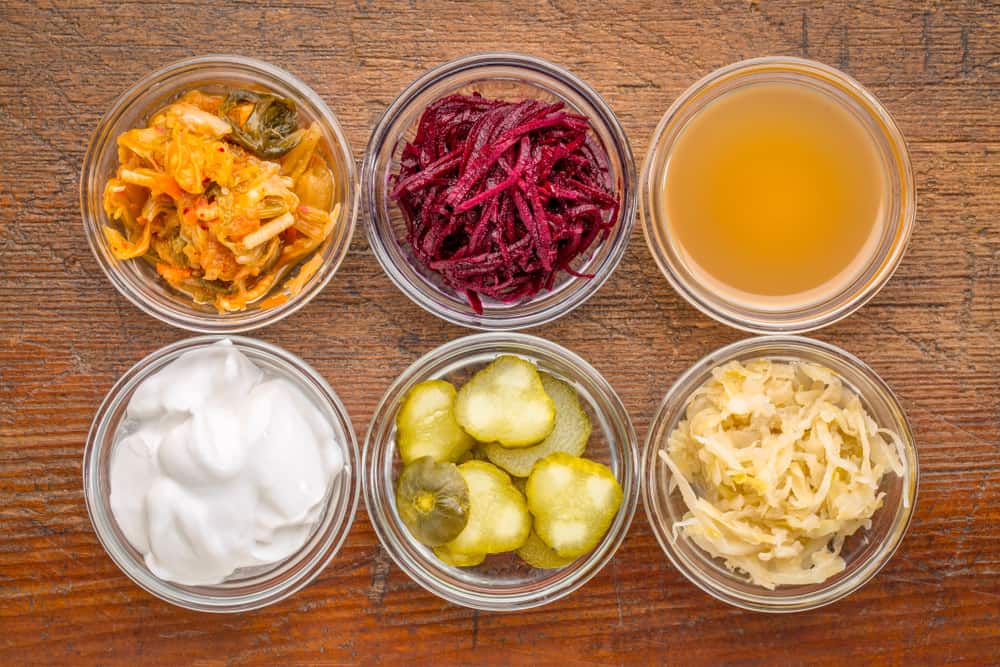Contents:
Medical Video: How does diabetes cause kidney disease?
What is Diabetes?
Diabetes is a condition where your body does not produce enough insulin or cannot use it properly. Insulin is an important substance for regulating blood sugar levels. High blood sugar can cause problems in every part of your body, including the kidneys.
If you have type 2 diabetes, you may have very acidic urine. Which increases your risk for kidney stones.
What is kidney stone?
Kidney stones are formed when you have a concentration of certain substances in your urine. Some kidney stones are formed from excess calcium oxalate. Others are formed from struvite, gout or cysteine.
Kidney stones can travel from the kidneys through your urinary tract. These small stones can pass through your body and come out in your urine with little pain or no pain at all. Larger stones can cause a lot of pain. They can even nest in your urinary tract, which can block urine flow and cause infection or bleeding.
Other symptoms of kidney stones include:
- Back or stomach pain
- Nausea
- Gag
If you experience severe symptoms of kidney stones, contact your doctor. Your doctor may diagnose kidney stones based on your symptoms. Analysis of urine, blood tests, and images may be needed to confirm the diagnosis.
What are the other trigger factors for kidney stones?
Anyone can experience kidney stones. Apart from diabetes, other risk factors for kidney stones include:
- Obesity
- A diet high in animal protein
- Family history of kidney stones
- Diseases and conditions that affect the kidneys
- Diseases and conditions that affect the amount of calcium and certain acids in your body
- Urinary tract disorders or chronic inflammation of the intestine
Certain medications can also put you at a higher risk of developing kidney stones. Among others are:
- Diuretics
- Antacids containing calcium
- Calcium-containing supplements
- Topiramate (Topamax, Qudexy XR), anti-seizure medication
- Indinavir (Crixivan), a drug used in treating HIV infection
Sometimes, there are causes that cannot be determined.
How to treat kidney stones?
Small kidney stones do not always require treatment. You might be advised to drink more water to help remove kidney stones. You will know if you drink enough water, which is when your urine is pale or bright. Dark urine means you don't drink enough water.
Market painkillers may be enough to relieve pain for small kidney stones. If not, doctors can recommend stronger drugs. In some cases, the doctor may prescribe it alpha blocker to help you get rid of kidney stones faster.
Large kidney stones may require stronger painkillers from prescription and this condition is more disturbing. This condition can cause bleeding, urinary tract infections, or even damage the kidneys.
One of the commonly used treatments is extracorporeal shock wave lithotripsy, which uses shock waves to break rocks. If a stone is in your ureter, your doctor may be able to solve it with a ureteroscope. If your stones are very large and you cannot remove them, you may need to do surgery.
How can I reduce the risk of having kidney stones?
After you experience kidney stones, you have a higher risk of experiencing them again. You can reduce your overall risk by maintaining a nutritious diet and managing your weight. Drinking lots of water every day is important. Drink about 8 glasses, 8 ounces of water or non-calorie drinks a day. Orange juice can also help.
If you already have kidney stones and want to try to prevent the formation of other kidney stones, know what causes your kidney stones first so that it will help you to prevent kidney stones in the future. One way to find out the cause is to analyze your kidney stones. When you are diagnosed with kidney stones, your doctor may ask you to collect urine and to take stones in the urine. Laboratory analysis can help determine the origin of stones in your body.
This type of stone will help your doctor decide what changes should be made to your diet.
Some kidney stones are formed from calcium oxalate but that doesn't mean you have to avoid calcium. Too little calcium makes the oxalate level increase. The best way to get daily calcium is from food. You will also need a large amount of vitamin D to absorb the appropriate calcium.
Excess sodium can increase calcium in your urine. Reducing eating salty foods can help.
Too much animal protein can increase uric acid and increase the occurrence of stone formation. Lower your risk by eating red meat.
Other foods can also cause kidney stones. Consider limiting consumption of chocolate, tea and soda.

